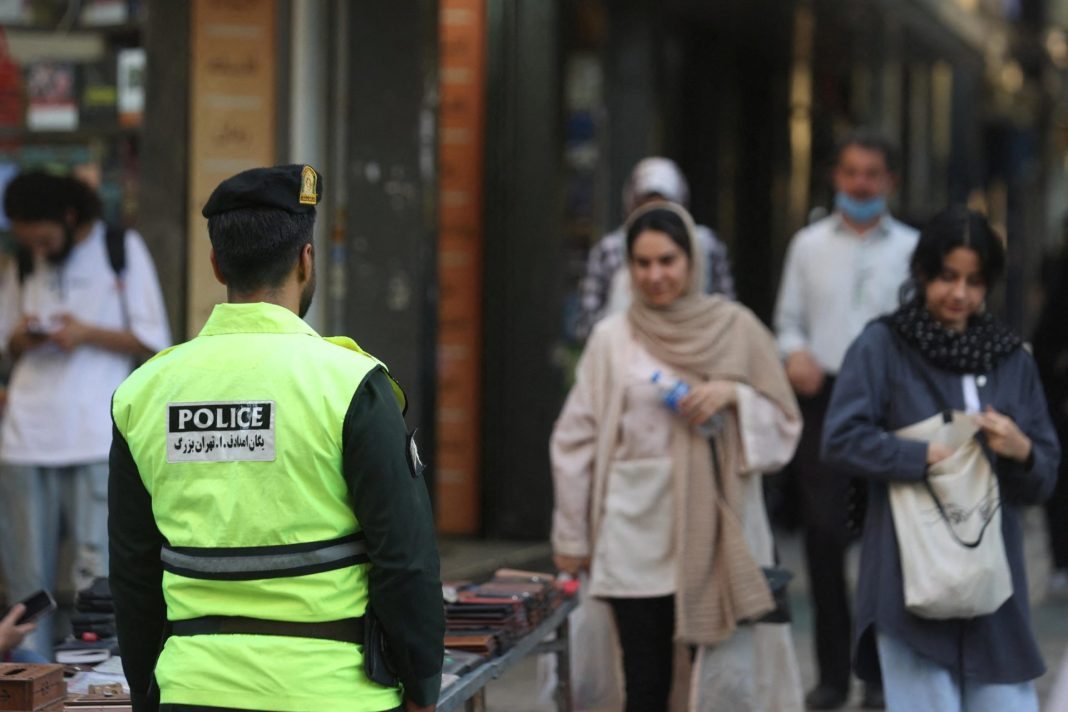In a post on his social media account, Qalibaf wrote that the decision follows a formal meeting of the Supreme National Security Council, where members agreed to halt the law’s implementation pending government-led revisions.
The parliament speaker clarified that the hijab has long been regulated by law, and there is no legal vacuum in this regard.
He wrote, “The hijab had legal provisions even before the current law was passed, and there is no legal vacuum in this regard. The purpose was to introduce a law that considers both the positive and restrictive aspects.”
The speaker added, “In the current law, the guidance patrol (morality police) has been completely removed. However, the government has issues in some other areas, which are to be addressed after presenting them to the parliament for a decision on amending the law.”
The development marks a significant shift in Iran’s approach to enforcing hijab regulations, reflecting ongoing debates about the controversial Chastity and Hijab Law, which many have warned will set off new unrest in the country similar to the 2022 events following the death of Iranian woman Mahsa Amini in a police station.
